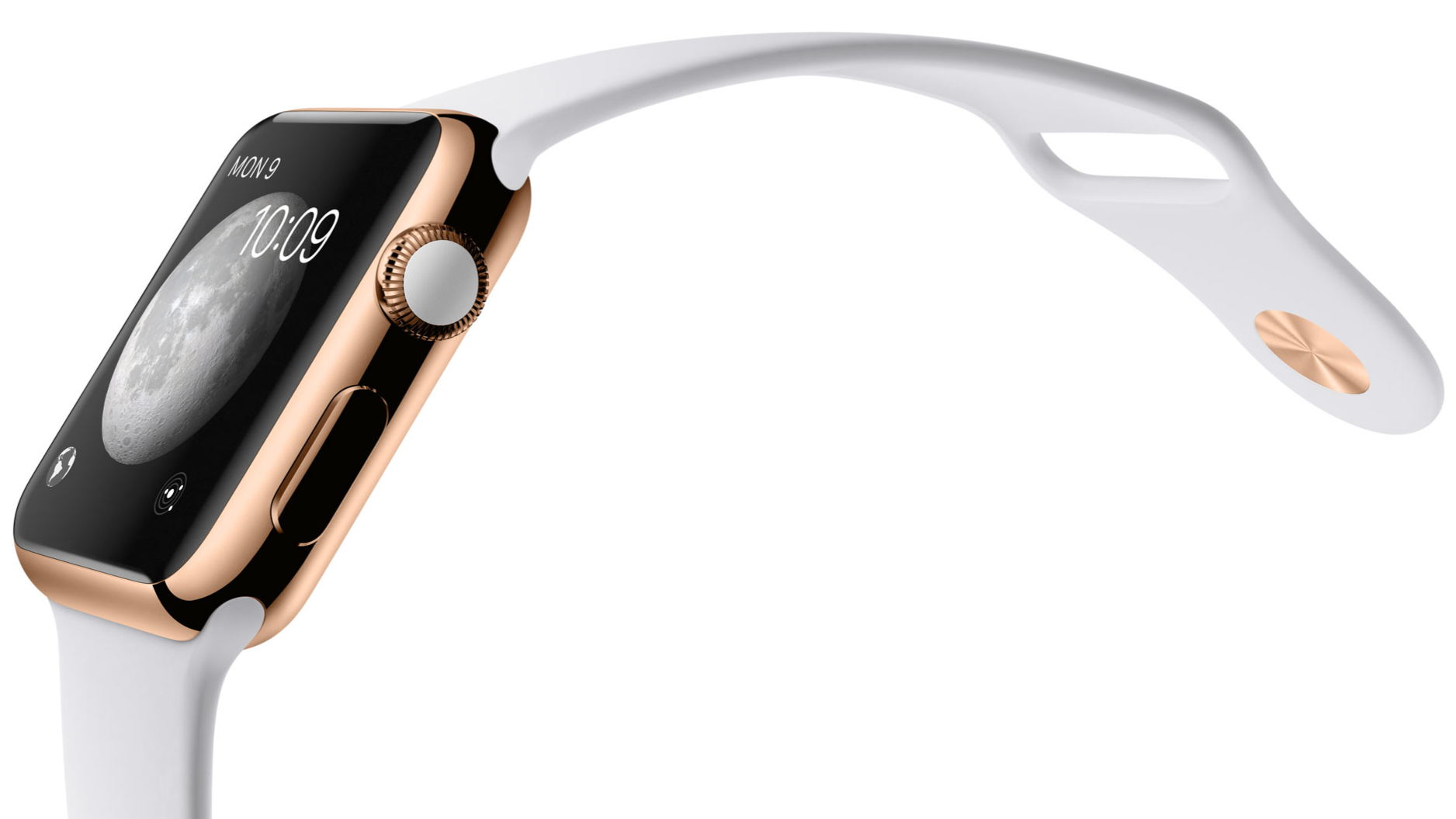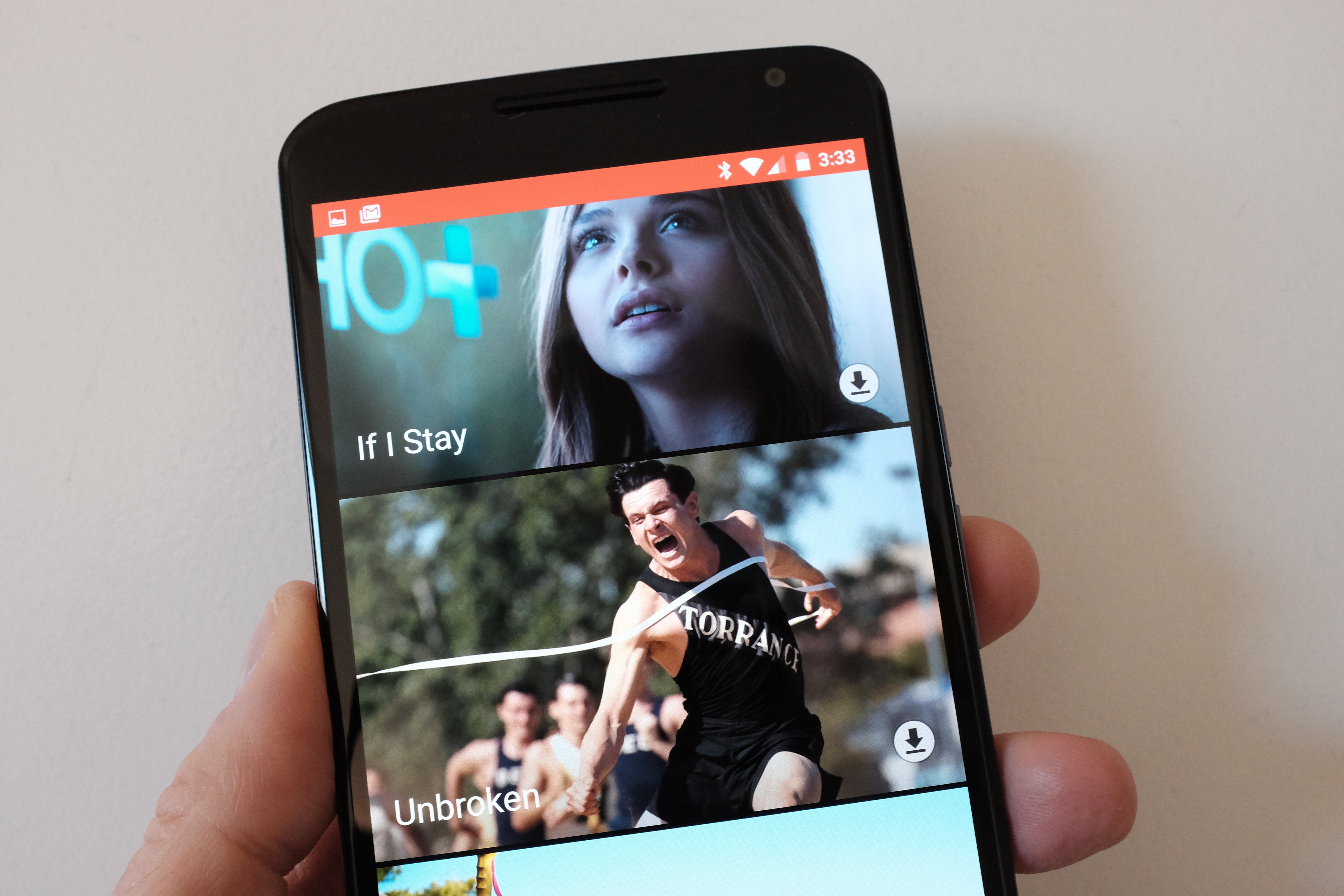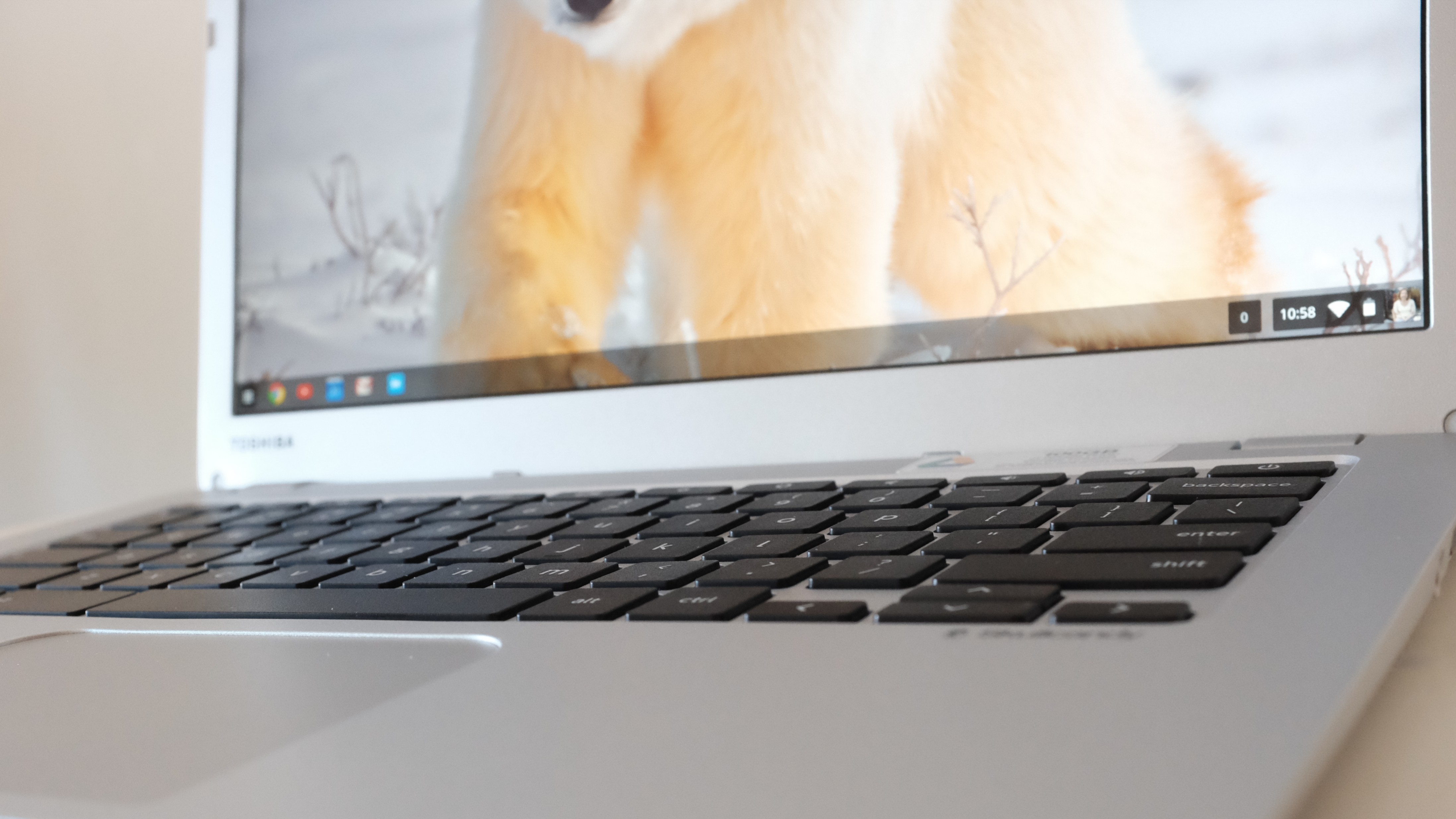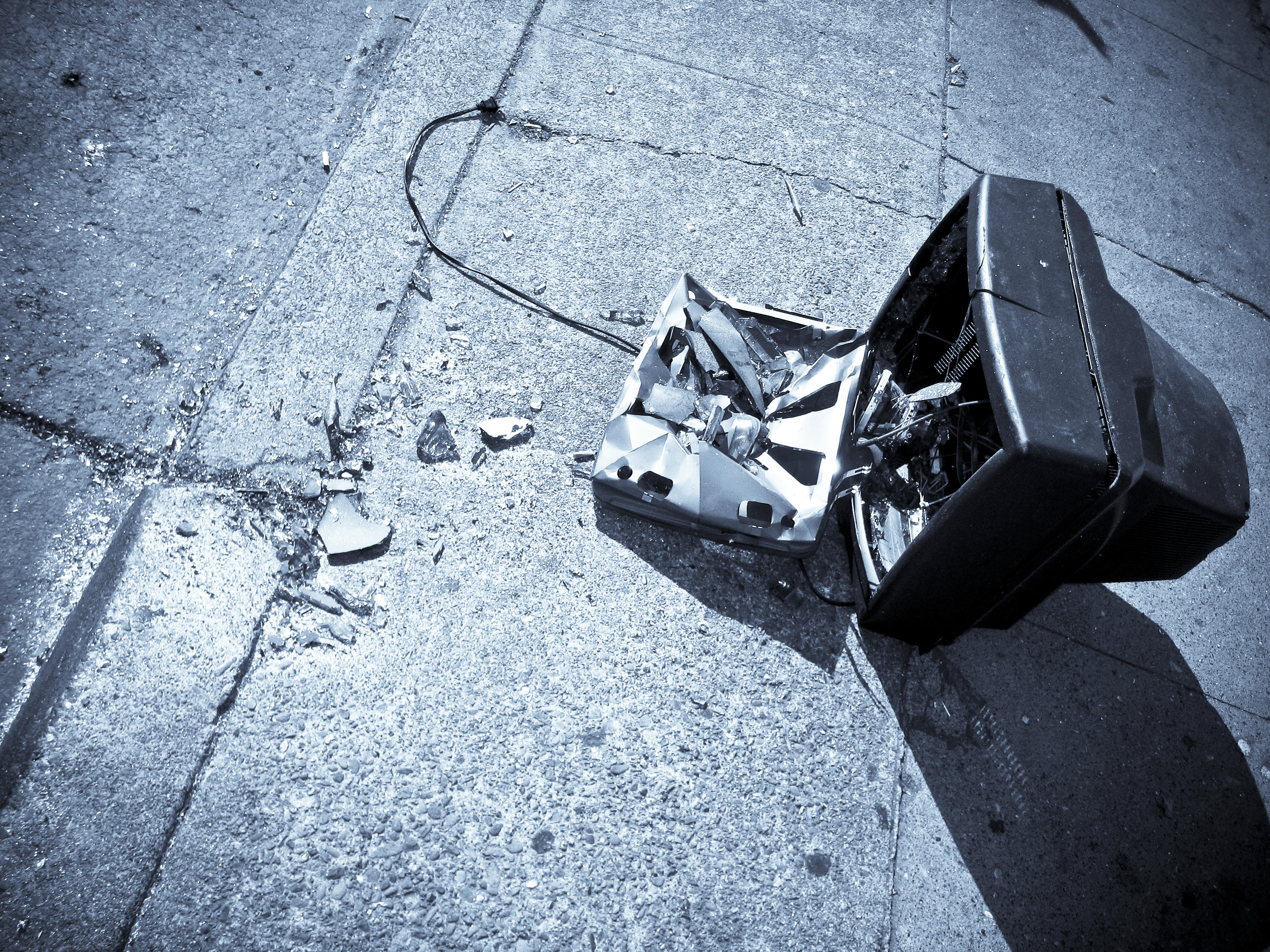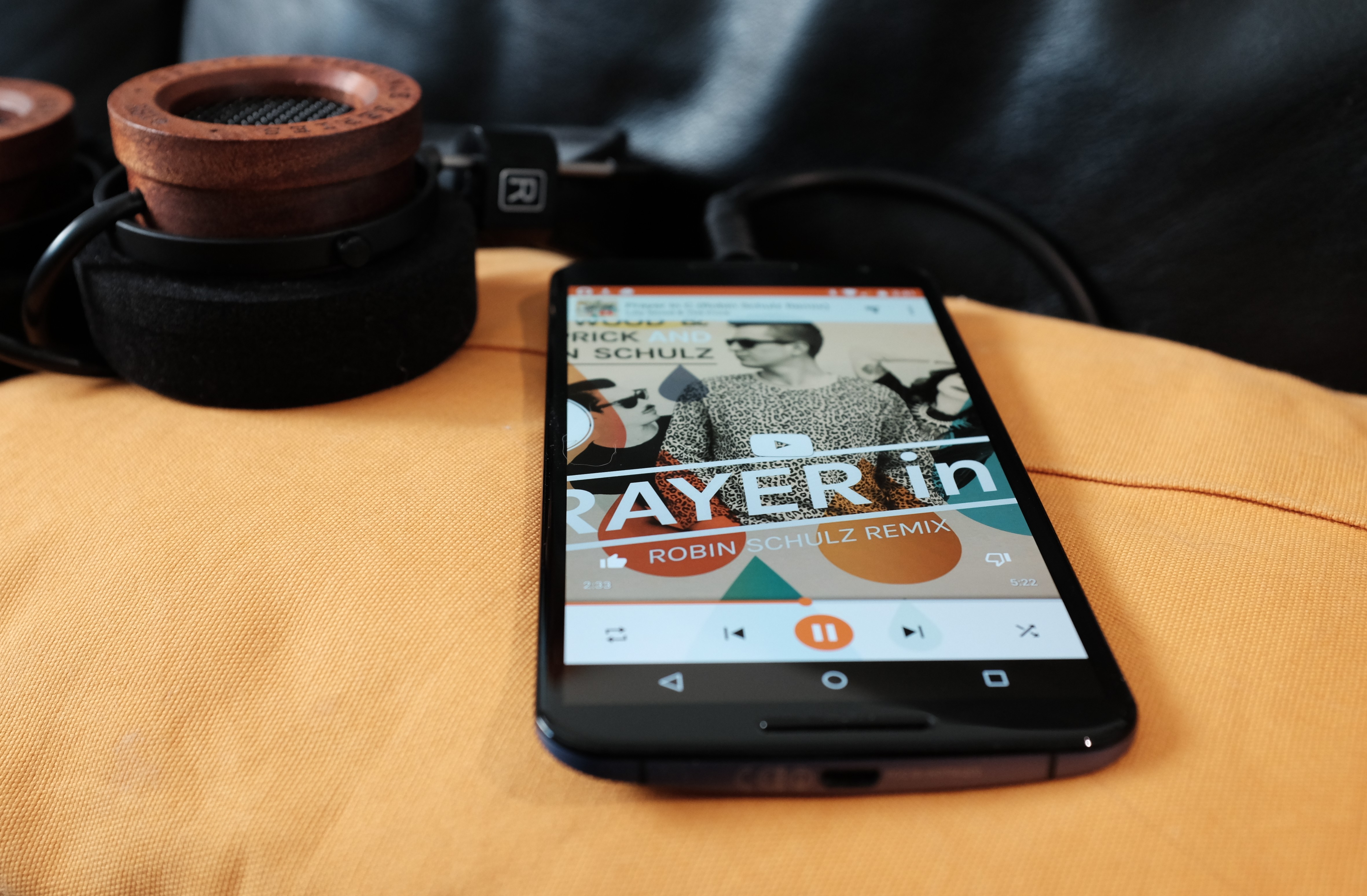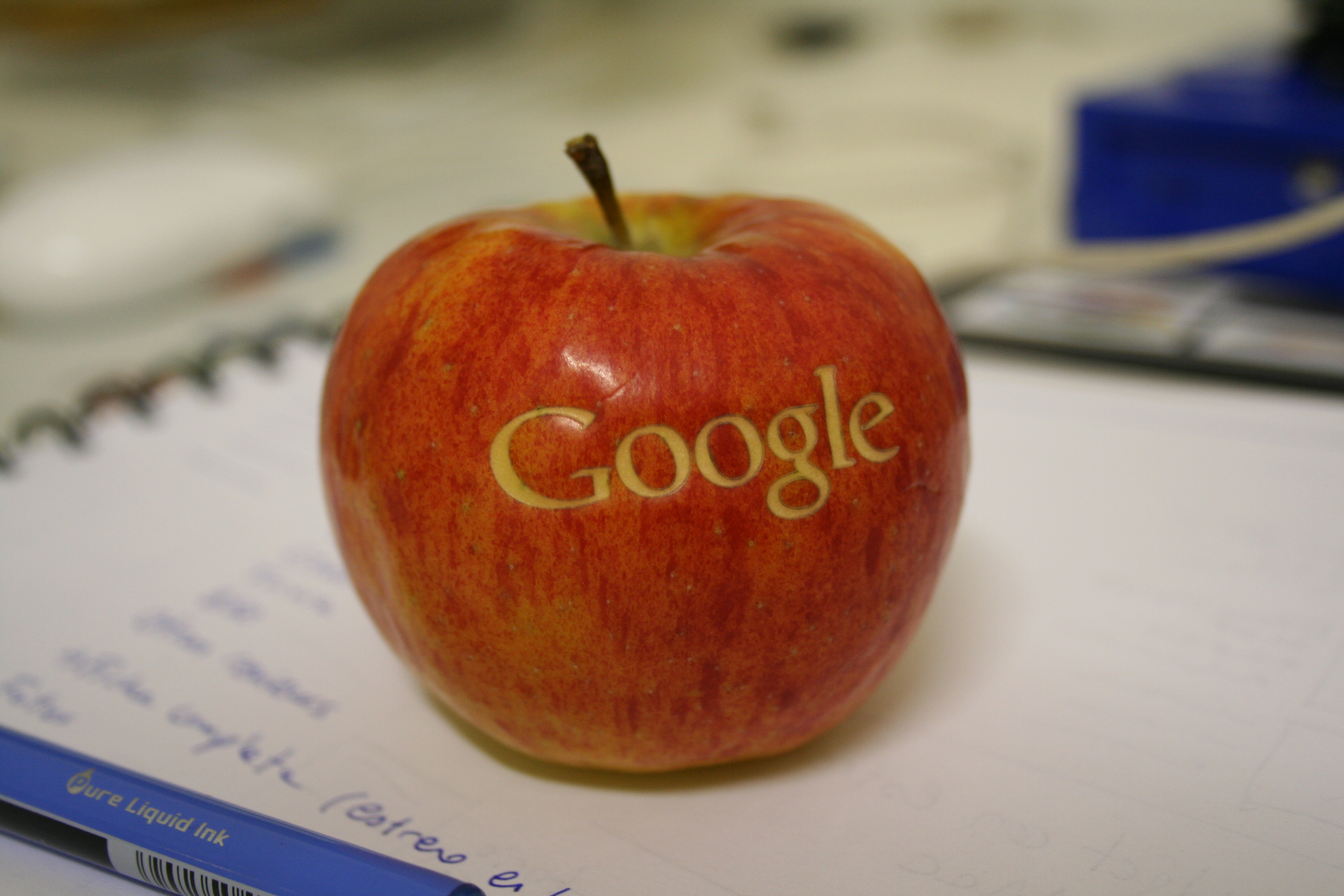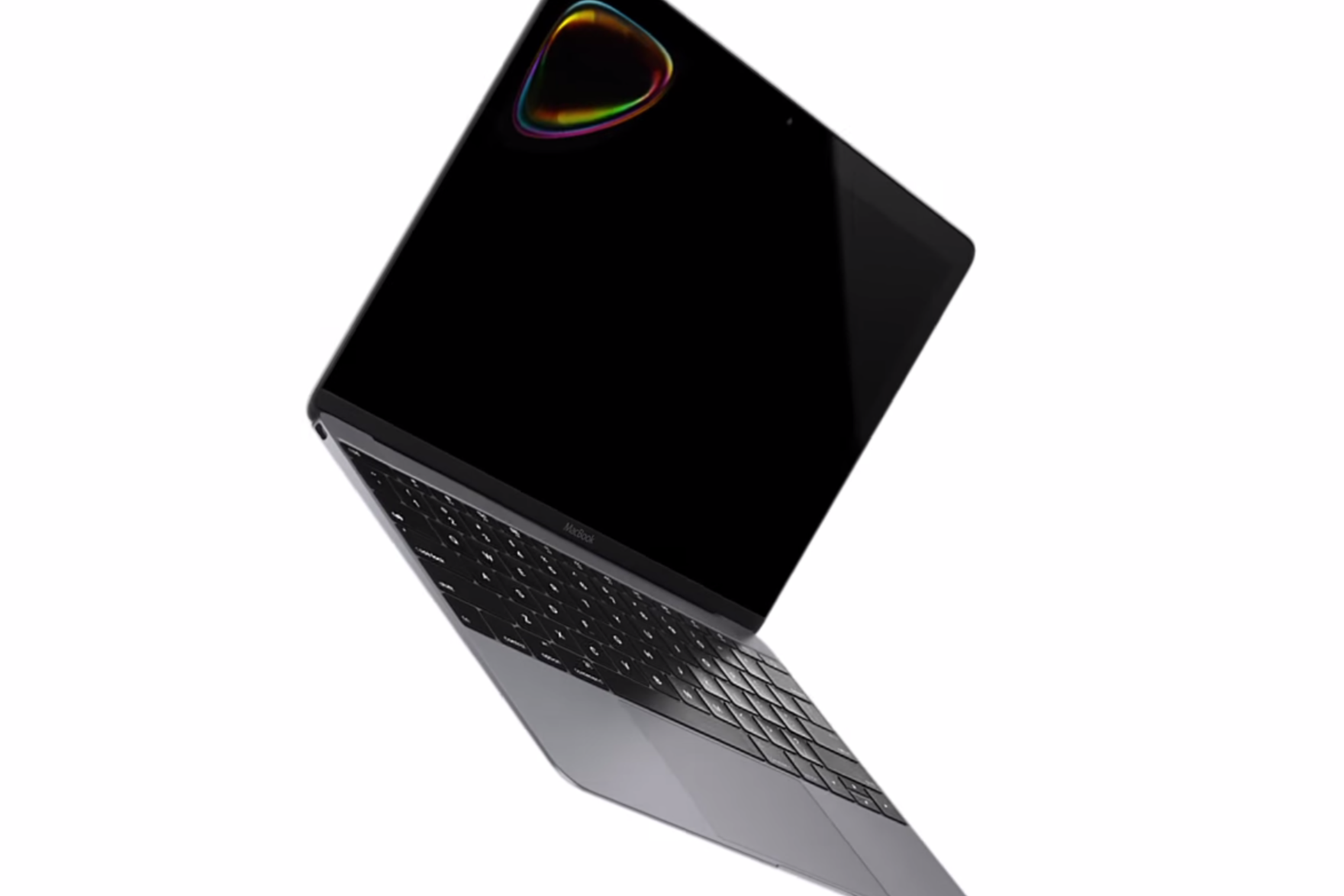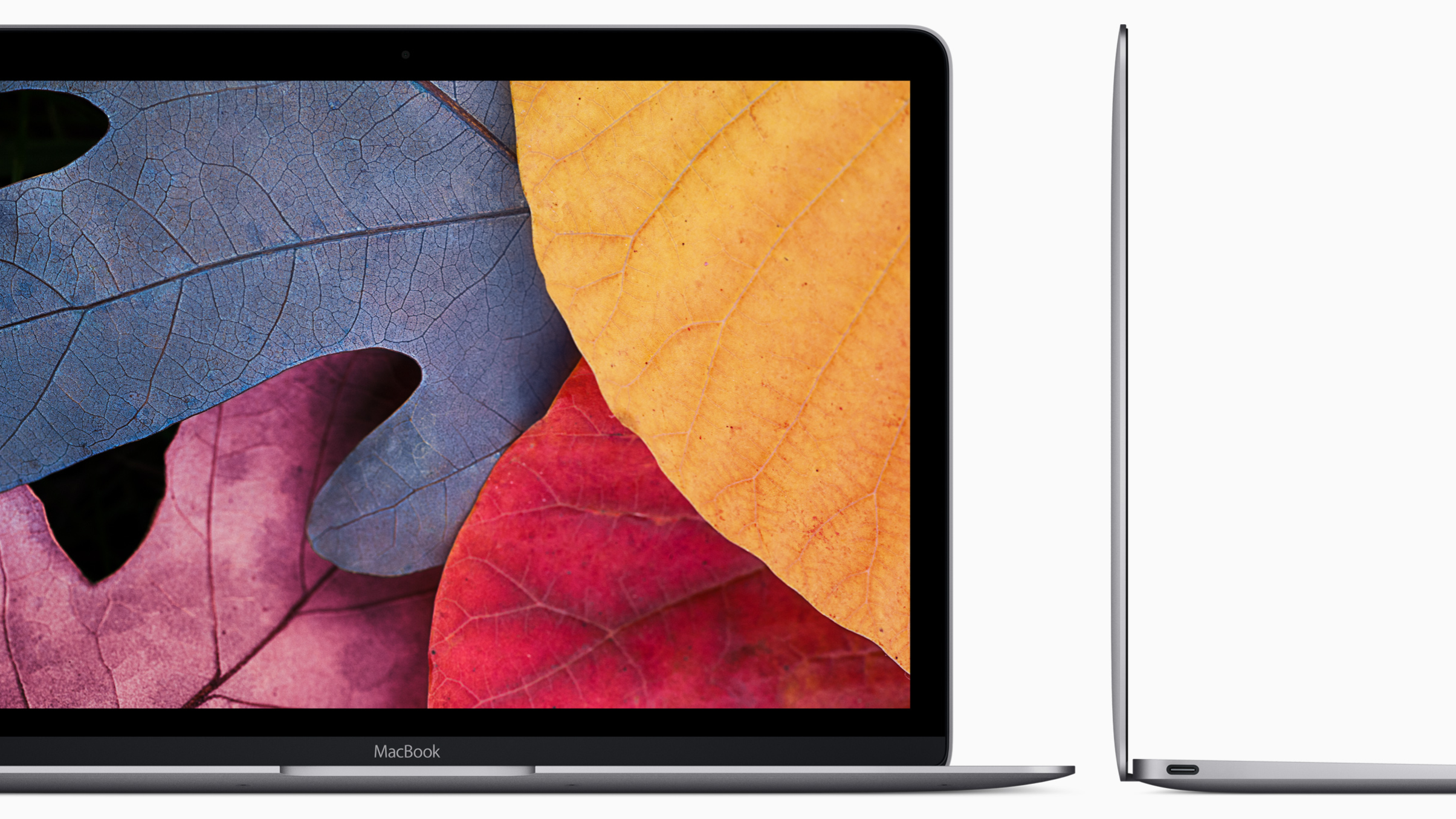Happy Caturday! For months, I have wanted to introduce you to the kitty who resides at local Mac dealer DC Computers. But Saturday comes, I forget, and is gone. Finally, I remember, while the sun still shines brightly overhead and Modest Mouse blasts form Chromebook Pixel LS. Mmmm, cat and Mouse (song “The Ground Walks, with Time in a Box“, BTW).
Sammy is about four years old, and she amazes me for her territorial confinement. During hot summer days, DC Computers cracks wide the doors and circulates the breeze blowing from the ocean, just 9 kilometers away. Sammy may sit inside, nose held up sniffing the air, but she doesn’t cross the threshold into the bustling parking lot. She never ventures outside.

